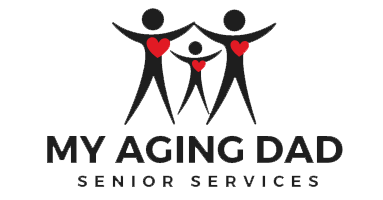Three key things to remember when you or your loved one has a stroke

Often, in working with someone who has experienced a stroke, some key points are never shared with them or their loved ones because a stroke is life-altering, it is essential to know these key points when adjusting your mindset into a plan of recovery.
.
1) Recovering from a stroke is a very long, long road. So long that some individuals make gains and improvements in their brain for up to two years. Instead of looking at the two years as a large amount of time, I encourage patients to break the time up into “chunks.” For instance, let's work as hard as possible for the next four weeks and then re-evaluate our progress. Four weeks is a more straightforward goal to digest; it is a shorter period someone can wrap their mind around.
2) Every person is affected differently by a stroke. Understanding what brain area is affected makes each stroke an individualized medical problem. For instance, many patients have a change in the way they talk or maybe even see. Others have no changes in their speech or sight but experience paralysis in their arms or legs. There is a huge curve in strokes that are major for one person but minor for the next. Your stroke is personal to you, as is your recovery plan.
3) Addressing your mental state is a vital part of your recovery. In many instances, people become depressed long after the stroke has passed. A physician cannot see or feel your mental state of being, so involving a counselor is part of the journey to get well. Often, the person experiencing the stroke doesn’t see their depression. A family member or a loved one needs to be aware that depression can come at any time but missing the depression is critical to keeping the recovery moving in the right direction.


